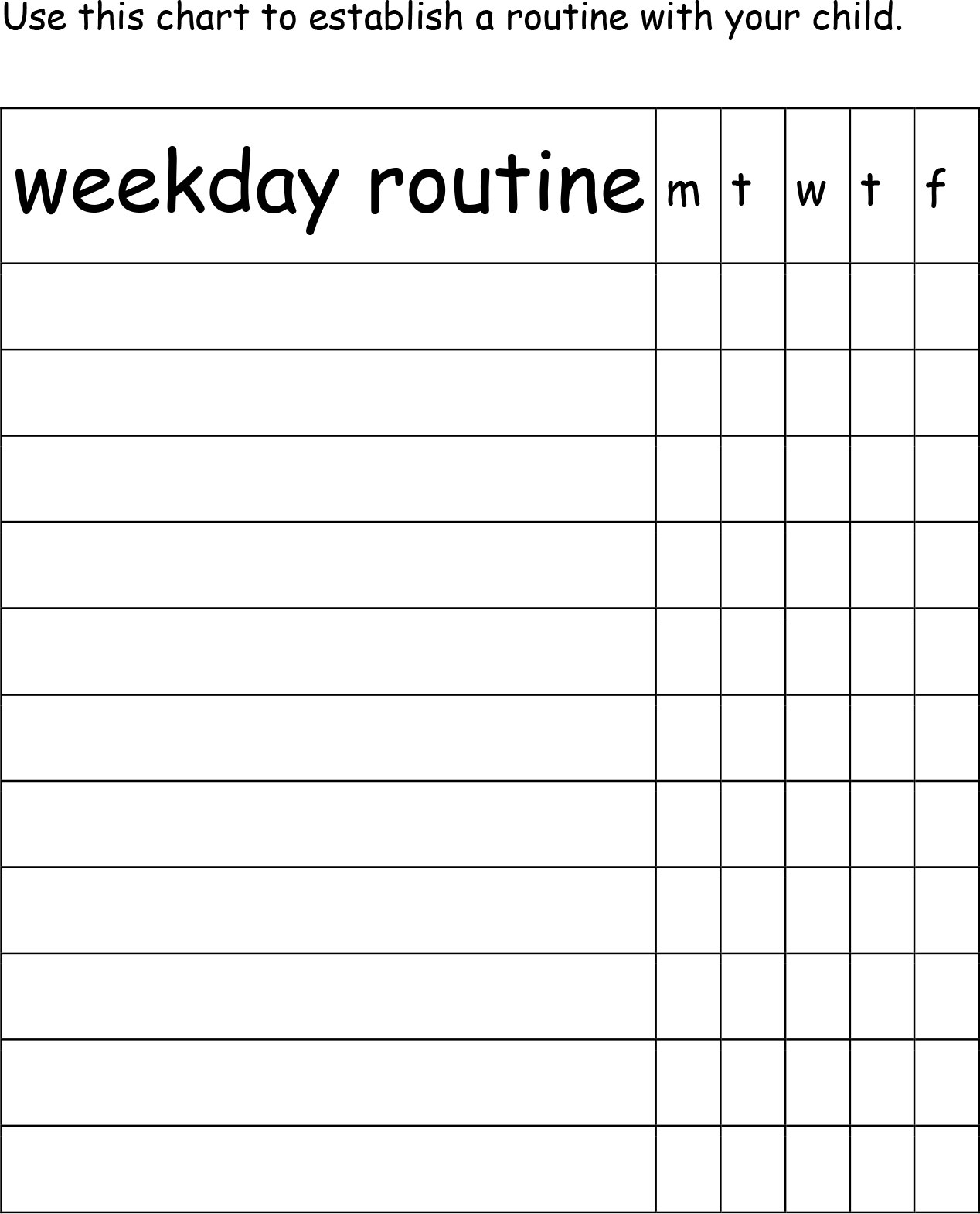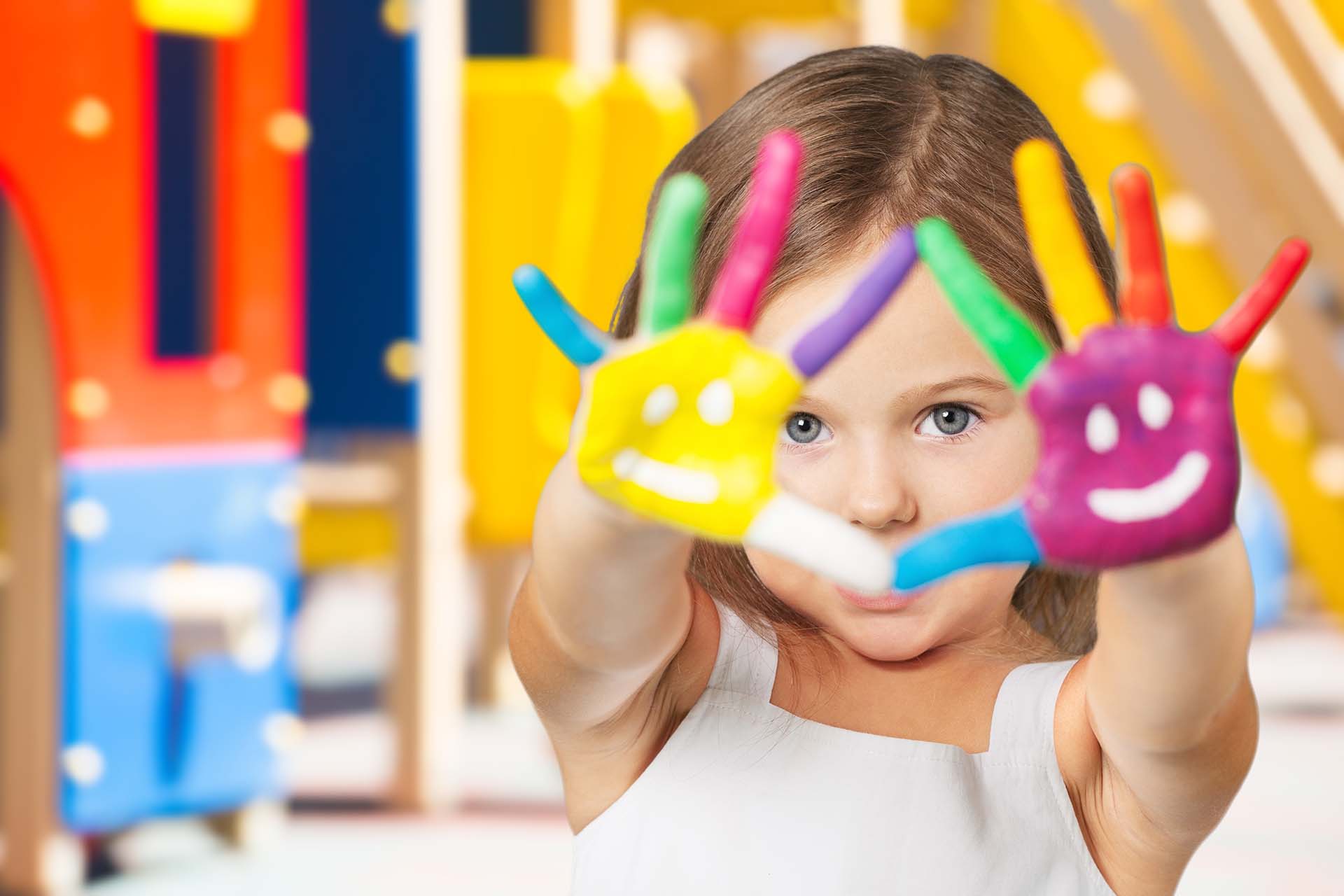
Water—Why You Need to Drink More
March 1, 2021
Is it Broken or Just a Sprain?
March 25, 2021by Susannah Wollman
Do you ever wonder if other people know a secret about raising kids that you missed out on? Maybe your friend’s teenager empties the dishwasher without being asked or you notice a toddler in the park run to put a banana peel in the trash can. Where do these responsible kids come from? And what happened to yours?
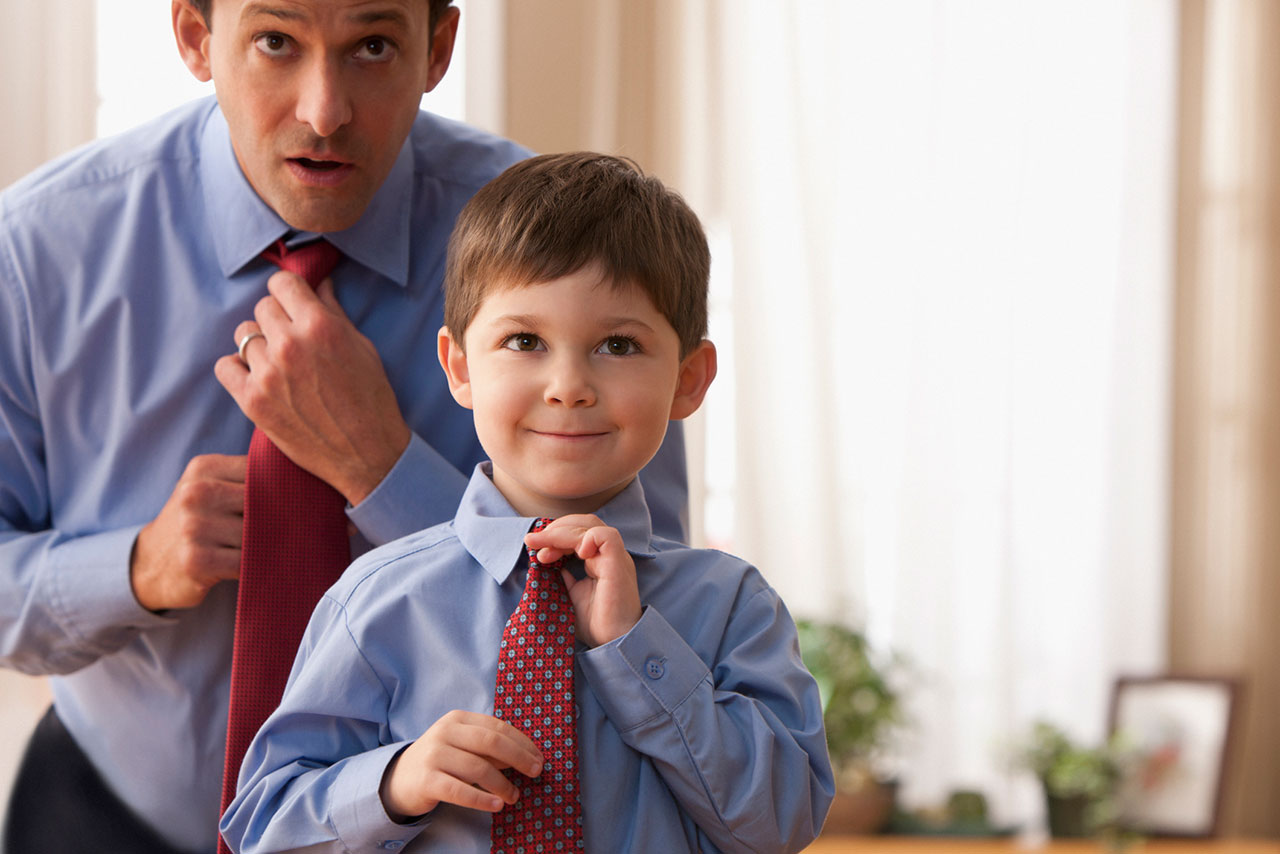
Maybe you’re disturbed by the culture of entitlement you see in young people today, especially in the hallowed halls of our higher education facilities. If so, here are some tips to keep your kids from becoming a drain on society and instead become the participating citizens you’d like them to be.
“Ingraining responsibility in children is not a trick but is simply teaching them life skills,” says Dr. Karen Ruskin, Psy.D., author of “The 9 Key Techniques for Raising Respectful Children Who Make Responsible Choices.” “Kids who do not have responsibilities feel entitled and think the world will always do for them.”
Sirius Doctor Radio talk show “About Our Kids” host Alex Barzvi, a licensed clinical psychologist, thinks responsibility is much more than getting your kids to do chores. “It’s also about an attitude, the idea of taking action and being proud of doing it, not just always having your mom and dad do it for you,” he says.
The following tips can help you turn your children into responsible adults and be really pleasant people to be around on the way to adulthood.
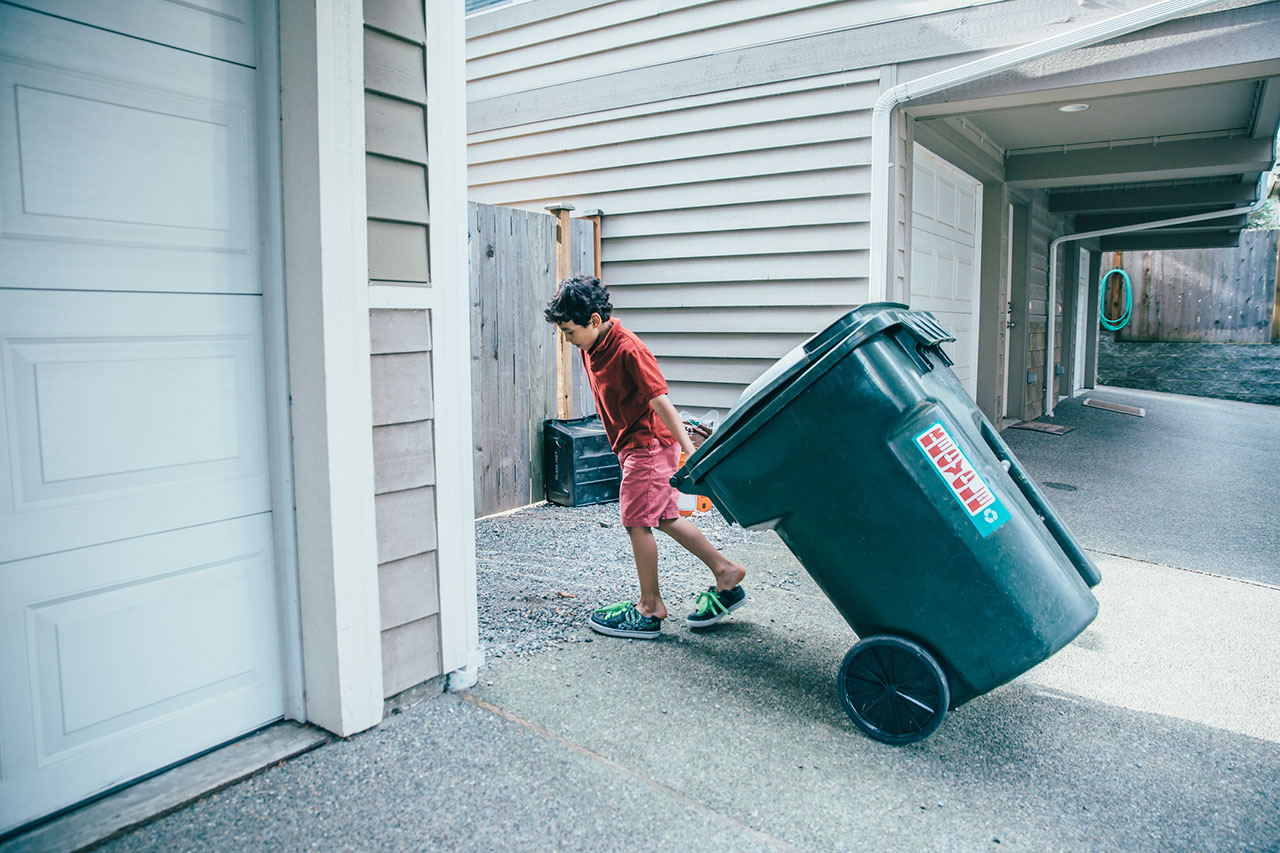
There’s no time like the present.
If you have children who have turned—overnight, it seems—into people who are always taking yet rarely giving back, there’s no time like the present to turn things around. Of course, starting them out young is a whole lot easier than getting them to change horses in midstream, but learning that actions have consequences, both good and bad, is the only message that will ever teach them personal responsibility. Even the youngest child can learn to be respectful and responsible. But if you continue doing everything for them, they’ll expect the world to do the same once they leave your nest.
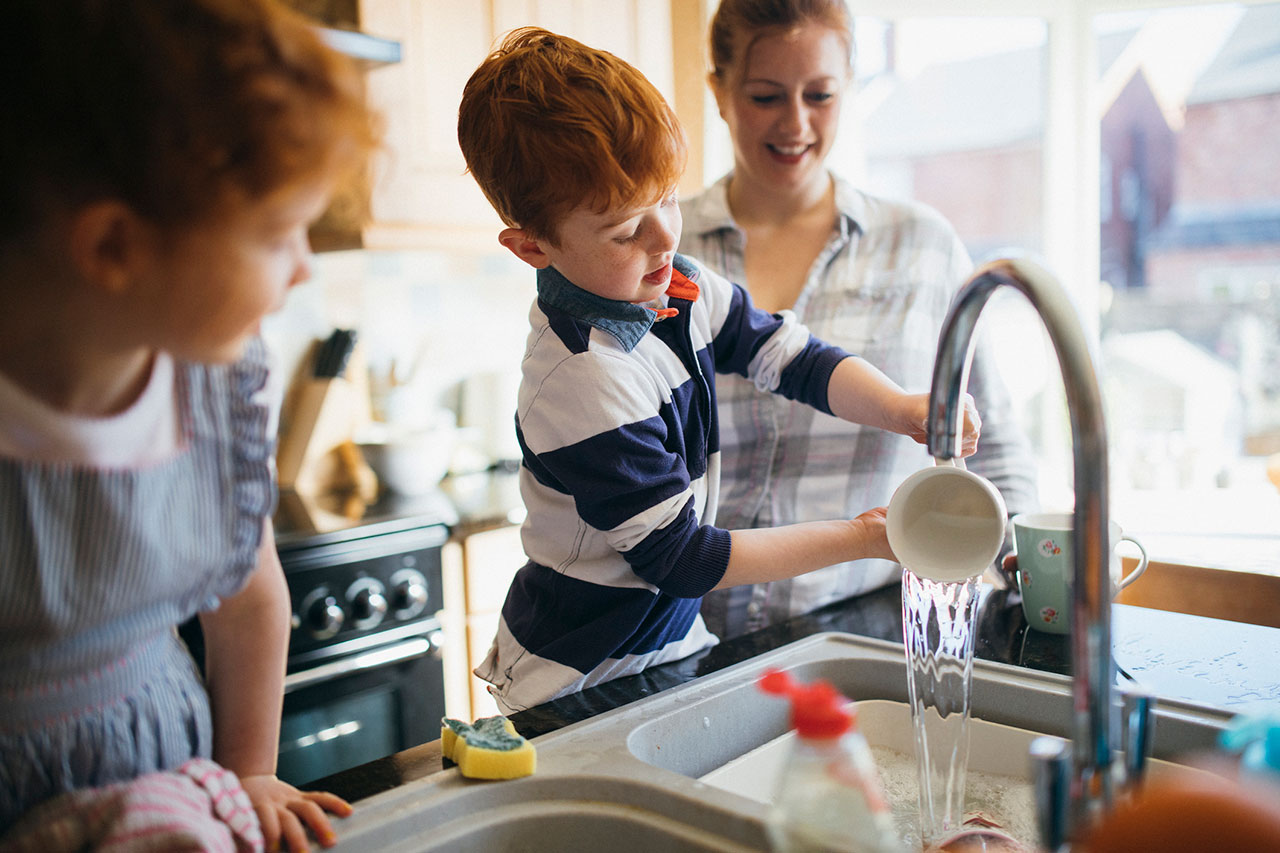
Have a long term perspective.
Yes, it’s easier and less time-consuming to make your child’s bed for them, but in the long-run, patiently letting them do it themselves produces the desired end result. Be a good model for them, but do invite them to participate in housework with you. Putting socks on the hands of little ones lets them dust and if those socks have eyes on top, it’s a blast to watch the “sock monster” eat the dust on the windowsills.
“When your child is invited to participate, he feels valued,” says Ruskin. “He will take these good feelings and learn to take ownership of his home and feel pride in maintaining it.”
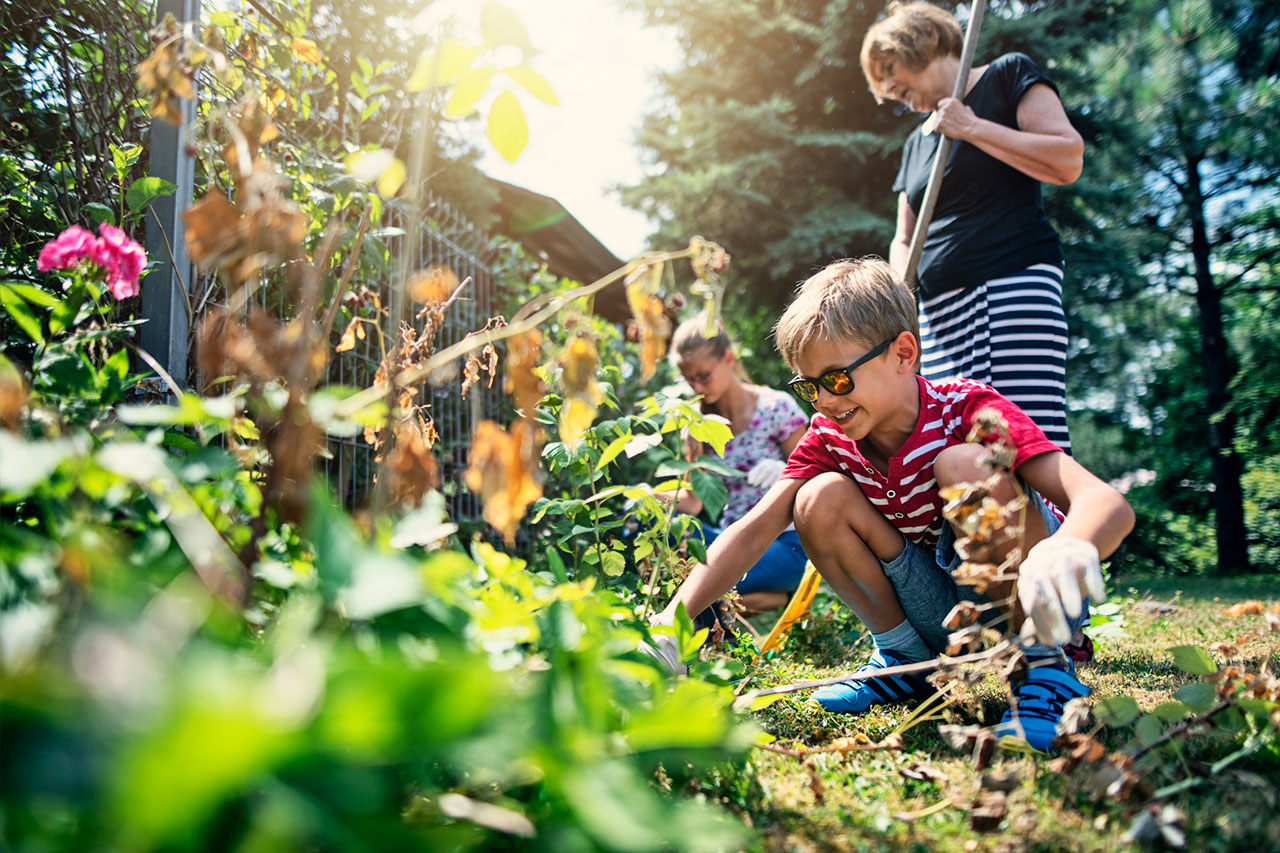
Match the task to the child.
Suppose your child wants a snack. Storing acceptable after-school nibbles on one shelf in the pantry encourages her to get snacks herself, and after you’ve demonstrated how to clean up the mess, she should agree that the cost of her snack is cleaning up after herself. No cooperation means no snack.
Little children love putting things into other things, so picking up their clothes and throwing them into a hamper is not all that difficult even for the youngest ones. Teaching your child that the word “responsibility” is a good word sounds important and in fact, it really is!

Model responsibility.
Including children in completing tasks teaches them that everyone has responsibilities. If everyone carries their dishes to the kitchen sink after dinner (yes, even Dad), they accept that responsibility is a natural part of life. People crave purpose, so involving them in daily chores “to have a happy home” gives them a purpose for doing even the most mundane task. It takes time to develop new habits, so encourage kids by saying something like “now we take the dishes to the sink” and then do it yourself as well. Habitually.
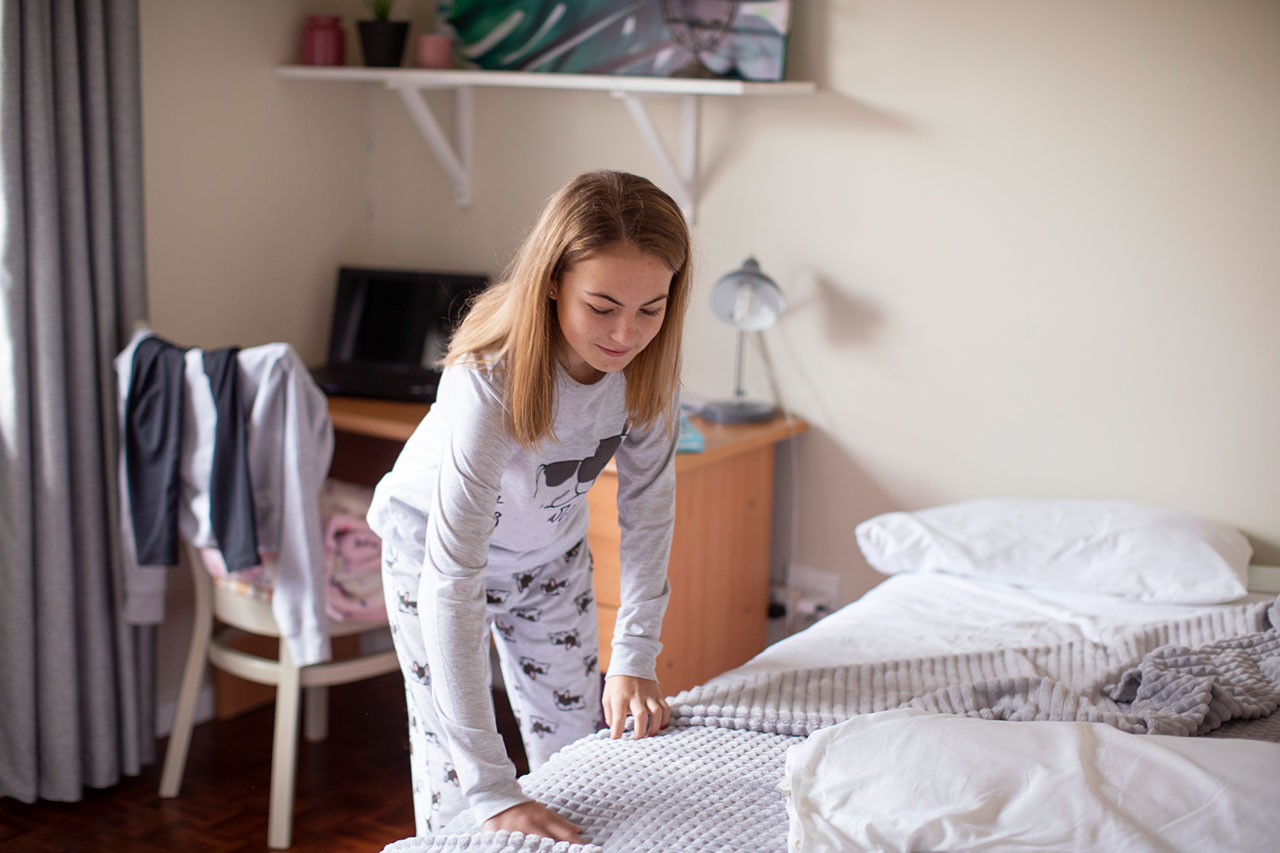
Express gratitude and pride.
The younger you start them, the more kids want to help. Don’t just take for granted the positive actions your children make. Tell them! Reinforce their actions with positive, loving words that express your genuine gratitude and pride for their willing help. It’s amazing how far a simple hug and “thanks for pushing your chair in” will go in getting them to take ownership of their actions. All human beings, no matter their age, tend to repeat actions that bring pleasurable feelings.
In addition, according to Barzvi, communicating your approval will translate into other situations, too, such as at school or in social situations.
Keep expectations appropriate.
Don’t expect your five-year-old to make her bed as neatly as you do, but refrain from criticizing or correcting her efforts. As long as she’s doing her best, you really can’t ask for more. Show and tell works well here; show her how you do it and tell her you’re really proud of her progress.
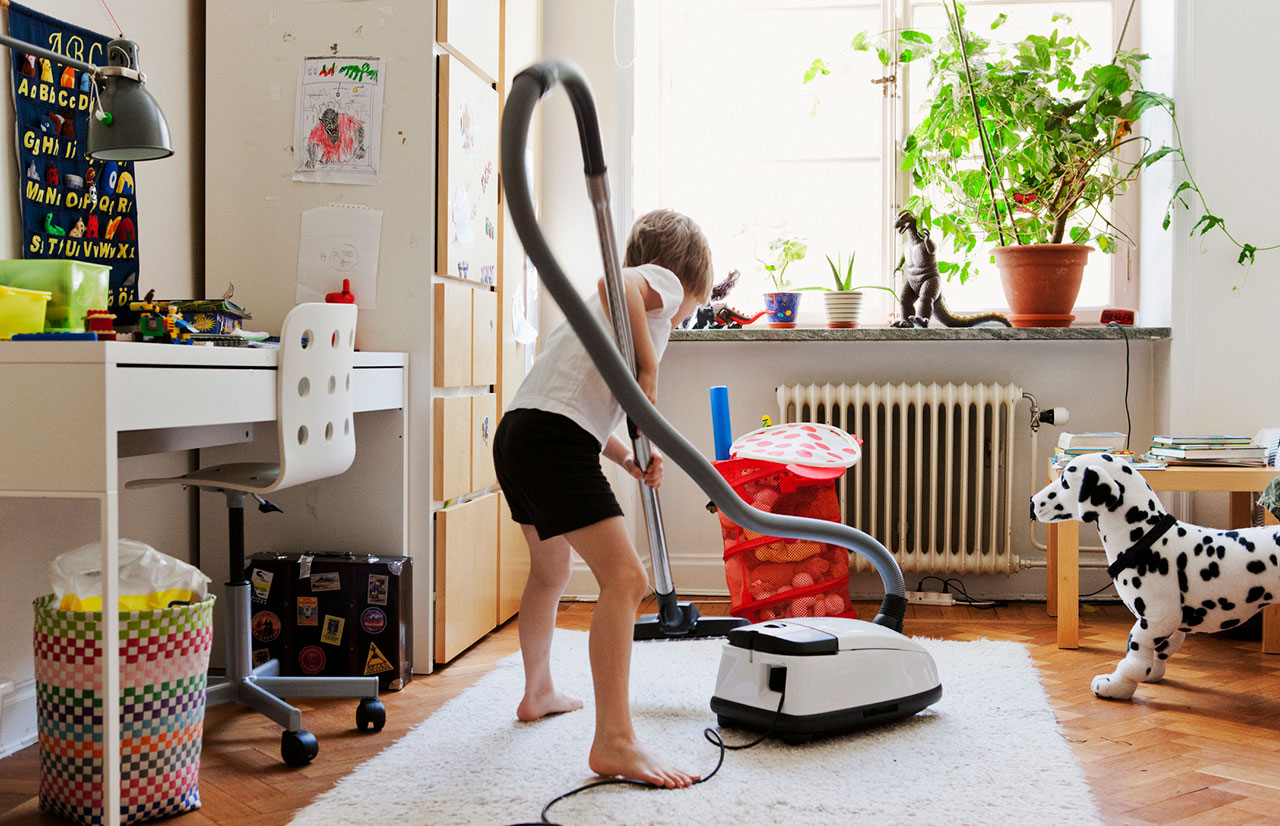
Avoid the rewards trap.
Children don’t need to be rewarded for doing things that contribute to the health and wellbeing of family members, including themselves. Learning responsibility should be the reward. Delight in a job well done is the goal here, and the world will NOT reward them for doing what ultimately keeps them and others happy and healthy.
Order, not chaos.
Children in school situations are expected to operate in a structured, ordered way, because that’s how society functions best. And the most successful child will understand how to do that. Setting up a routine each day for your child provides structure. For instance, chores are done before screen time, but screen time is simply a step in the routine, not a reward in itself. The older the child, the more responsibility he should shoulder, but the order in which he meets those obligations can be flexible enough to allow the child to complete tasks according to his own plan. Obviously that doesn’t mean screen time can come first, but whether he makes his bed first or brushes his teeth first can be up to him.
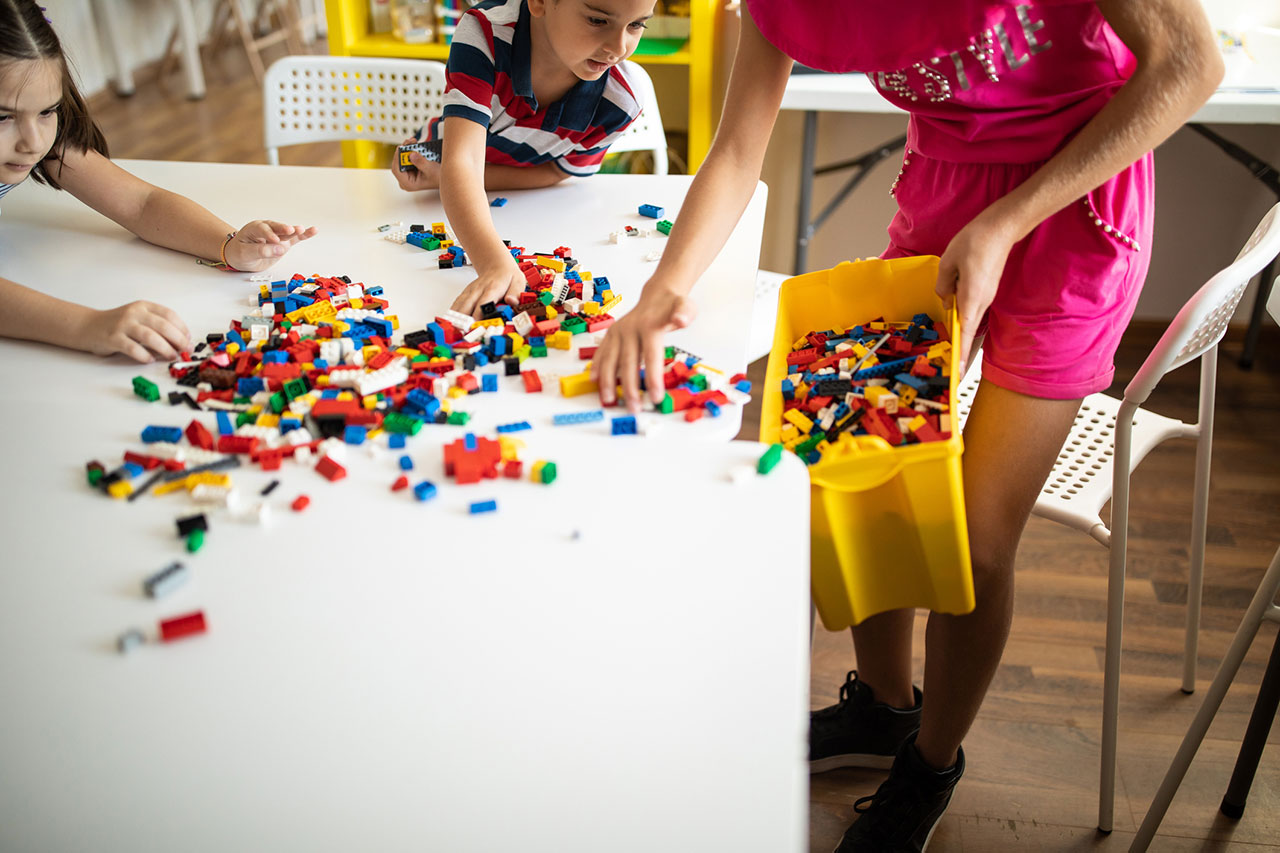
Stress consequences, not rewards.
In life, there are consequences to every action we take. That should be as true for children as it is for parents. If Daddy doesn’t go to work he doesn’t bring home a paycheck. No paycheck, no supper! This is nothing but a consequence. Children can easily understand consequences if you present them as the natural result of what they do. Putting toys away means that her things are right where she needs them and prevents them from being broken or lost. The consequence of leaving toys out is that they may not be there when next the child wants to play (sometimes that means Mom picks them up and puts them someplace the child won’t expect them to be).
“It is ultimately your child’s choice to not put a toy away,” says Barzvi. “Parents are afraid to let kids suffer, be sad or angry, but if we always solve children’s problems, they will not learn to be responsible as they grow up.” It may be easier for you to bring your child’s lunch to school if he left it on the counter, but going hungry for one meal just might teach him to be more responsible about packing his backpack in the morning.
Give up nagging.
If someone nags you to do something, does that make you happy about doing it (if and when you get around to it)? It’s not an effective way to get things done with kids, either. In fact, nagging creates a combative atmosphere where the goal becomes not cooperation, but winning. If you end up having to do something that is your child’s responsibility, be sure they know in advance there will be consequences. And when you decide, preferable together, what the consequences of not following through are, be absolutely sure you follow through. If your child has helped you decide on consequences, she’s much more likely to put the blame squarely where it belongs—on herself. Because someday, the world will hold her accountable.
